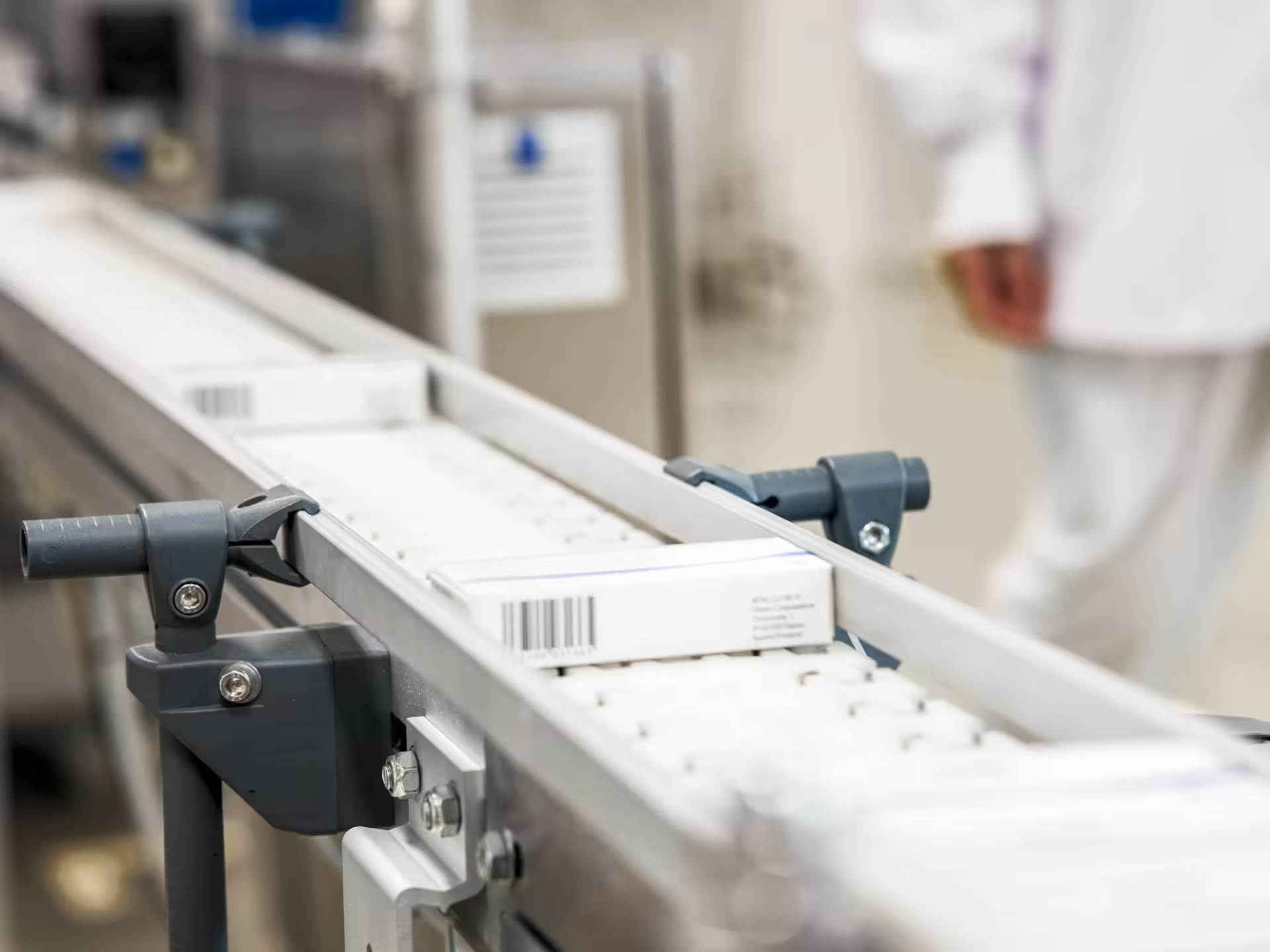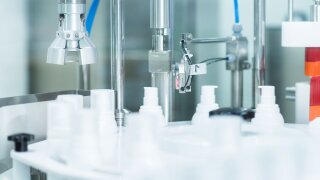Seeking solutions by putting patient safety first
To ensure patient safety, we adhere to strict quality criteria in the production of medical products. As existing purification technologies are not effective enough to remove contaminants from material streams sufficiently thoroughly, a large amount of virgin raw materials have to be used in the production of medical products and their packaging. In addition, it is not possible to reuse medicines in manufacturing.
It is therefore very important that we use the materials used to make our medical and other products as efficiently as possible and avoid wasting materials and energy. We are constantly seeking ways to do this, for example by optimising the manufacturing process and by comparing the material efficiency of different pharmaceutical processes using a material efficiency index. This allows us to design the most efficient ways of manufacturing medicines in terms of the materials required.
We are constantly seeking opportunities to incorporate circular economy solutions more widely into our operations and we actively monitor developments in purification technology, for example.
Significant impacts of recyclability of packaging
The packaging of medical and other products has two important functions: to protect the product and to provide information about the product inside. Medical products are often protected with several layers: primary packaging that is in direct contact with the medical products and secondary packaging, which is an outer paperboard case, and possibly other coatings. As a result, a considerable amount of packaging materials are used to protect our products.
At Orion, packaging is designed from the outset to contain recycled materials wherever possible and to be recyclable. An exception is packaging that comes into direct contact with pharmaceutical ingredients. Only virgin raw materials can be used here due to restrictions contained in EU pharmaceutical legislation. Primary packaging containing liquid medicines is also classified as hazardous waste and must be taken to a pharmacy for recycling.
We work with packaging manufacturers and research organisations to reduce the environmental load of our packaging. Another important way to promote the recycling of our packaging is to provide consumers with the clearest possible recycling guidelines.
Shared circular economy solutions
The circular economy is first and foremost about cooperation. Our product selection also includes a large amount of pharmaceuticals, non-pharmaceutical products and pharmaceutical ingredients that are produced by our suppliers, so cooperation in the development of material-wise production methods is important.
At Orion, we actively seek circular economy solutions with our partners across industries. For example, we offer solvents used in the production of our pharmaceuticals, but not suitable for use in our production, as an auxiliary fuel for our partners’ production processes. In this way, we reduce the amount of waste generated and help our partners reduce their climate emissions.
The by-products of pharmaceutical production can also be used in our partners’ other processes. An example of this is the collaboration between Fermion, Orion’s subsidiary that produces pharmaceuticals, and Genecor International, a producer of enzymes owned by Dupont, where waste ethanol, which is a by-product of Fermion’s processes, is used in a joint waste treatment process carried out by the plants to reduce the nitrogen load in the Baltic Sea.









